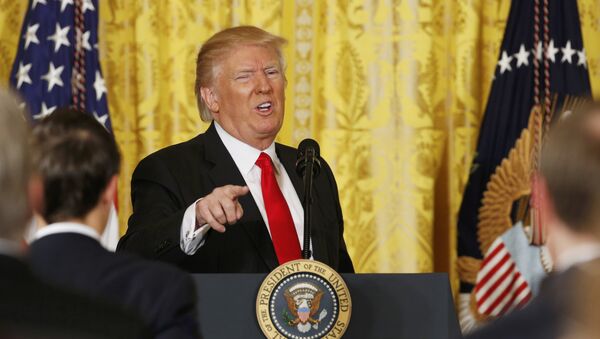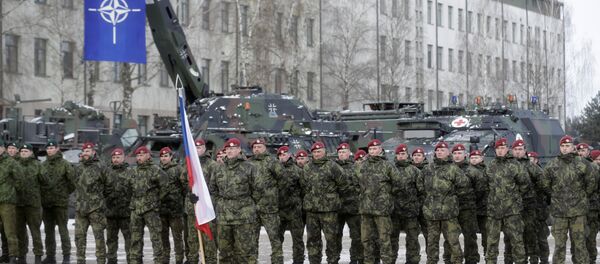The MSC is a high-level affair with the new UN Secretary-General Antonio Guterres, EU High Representative Federica Mogherini, NATO Secretary General Jens Stoltenberg, Russian Foreign Minister Sergei Lavrov, the Foreign Ministers of France and Great Britain, Jean-Marc Ayrault and Boris Johnson, and Israeli Defense Minister Avigdor Liberman.
#MSC2017 will begin at 2.30 pm. Here's our agenda: https://t.co/hnEJixvdJg pic.twitter.com/KaQfNTjxWJ
— Security Conference (@MunSecConf) February 17, 2017
However, the composition of the US delegation was not finalized until late, because Trump was still pulling together his top team. Whilst he will not be attending, Vice President Mike Pence and the Secretaries of Defense and Homeland Security, General James Mattis and General John Kelly will.
Welcome to #MSC2017, #SecDef Mattis! @DeptofDefense pic.twitter.com/tLsTDncyRM
— Security Conference (@MunSecConf) 17 February 2017
"The key subjects will be Trump and how the world's going to deal with him. Secondly, terrorism — counterradicalization, dealing with domestic extremism. And the third area will be cyberterrorism," senior UK security expert, Will Geddes, founder of ICP Group told Sputnik.
It would be a "non-military declaration of war" should Trump continue to advocate against the EU, #MSC2017 head Ischinger tells DW. pic.twitter.com/FTjrOe66ep
— dwnews (@dwnews) February 17, 2017
NATO Pledges
"I don't like our American friends narrowing down this concept of security to the military. If you look at what Europe is doing in defense, plus development aid, plus humanitarian aid, the comparison with the United States looks rather different. Modern politics cannot just be about raising defense spending," Juncker said.
.@JunckerEU "Don't accept that US narrows down 'security' to military expenses.#DevelopmentAid helps peace & stabilisation too" #EuropeFirst pic.twitter.com/VzdAvrGQYY
— Mina Andreeva (@Mina_Andreeva) 16 February 2017
"I can see Trump's position, in terms of saying to member states: 'look you need to pay up your contribution to be part of NATO.' So I think that's a fair point. It has to be commensurate to the size of the country, bit I think, ultimately there have been a few countries that haven't contributed as much as they should have," Geddes told Sputnik.
The agenda includes discussion over the state of EU cooperation in security and defense matters, the Ukraine crisis and relations with Russia, the war in Syria, and the security situation in the Asia-Pacific, including in the Korean peninsula, although Geddes says diplomacy will play a key role.
"I think — looking at the delegation list — there are going to be a lot of subjects which are going to be addressed that are deemed controversial. Ukraine could be one of them. But I think, bearing in mind the cross-section of delegates from the security sectors, through consultants to governmental, I think they will tread very cautiously around any really sensitive subjects," he told Sputnik.



